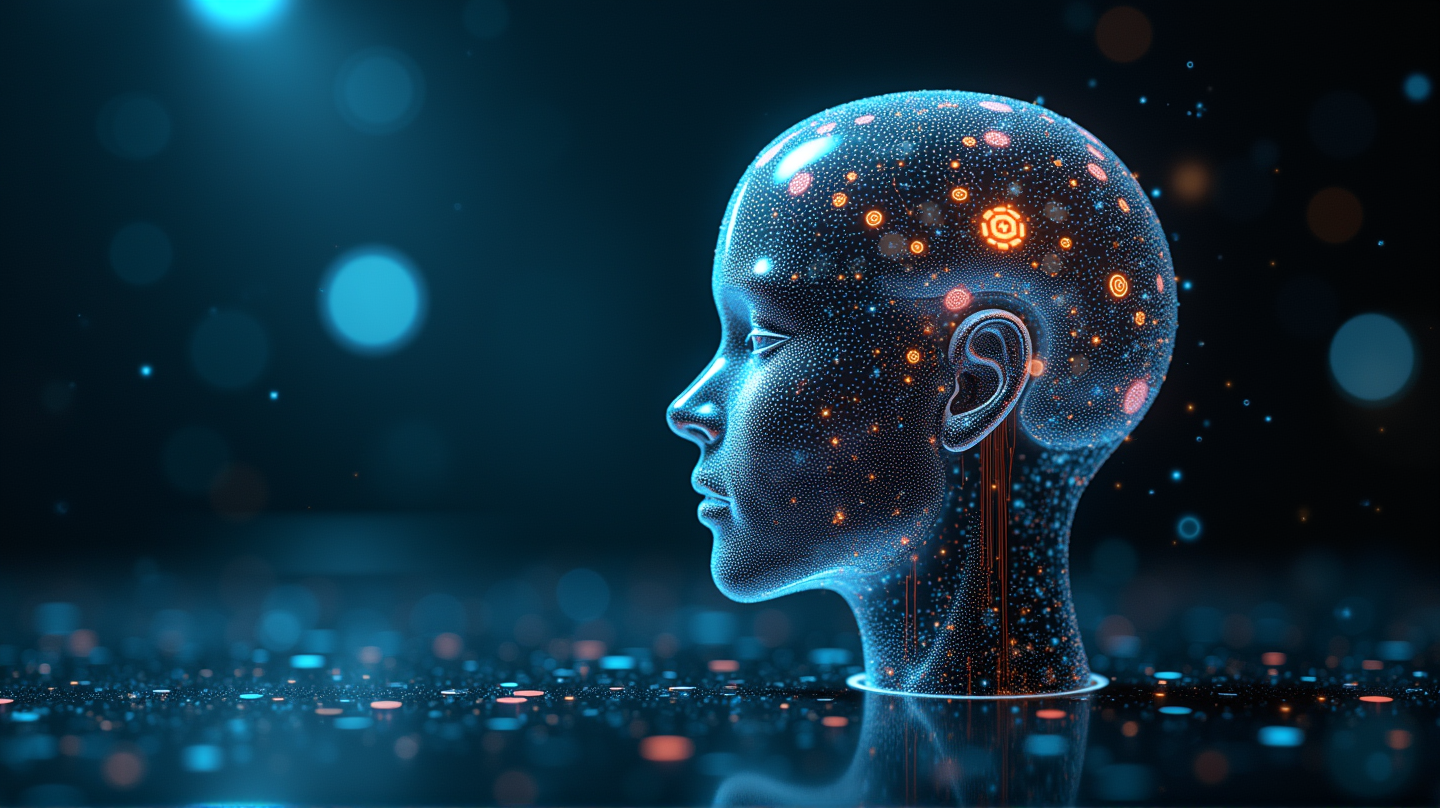Apple, a staple in the tech world, finds itself in an unfamiliar position: lagging in the artificial intelligence (AI) race compared to giants like Google, Microsoft, and Amazon. Why is the tech titan facing this ‘Big AI’ problem? How might this affect its future?
Google’s Dominance in AI Building Blocks
Google has spent decades developing core AI technologies, granting it a formidable head start. Its deep integration of AI, with components like its Tensor Processing Units (TPUs) and years of web data, places it as a leader in offering cutting-edge AI-driven products.
Microsoft and Amazon: Ahead in AI Infrastructure
Both Microsoft and Amazon equally benefit from existing AI models and robust cloud infrastructures. Partnerships and dedicated AI units further bolster their standing. On the other hand, Apple doesn’t possess this foundational infrastructure and heavily relies on competitors like Google for critical functions.
Apple’s Challenges in Building AI from Scratch
To modernize Siri and other AI initiatives, Apple faces the mammoth task of creating AI components from scratch. This process is not only costly but also time-consuming and risky. The tech giant lags approximately seven years behind Google in AI chip development, a significant gap in such a competitive landscape.
Privacy Policies: A Double-Edged Sword for Apple
While Apple’s commitment to privacy earns it customer trust, it also hampers its AI development. Unlike its rivals, Apple is cautious with data usage for AI training. This conservative approach limits its ability to enhance and train large-scale AI models.
The Risk of Falling Behind
According to Times of India, if generative AI becomes pivotal in daily device interactions, Apple’s current trajectory might pose significant risks. With competitors launching comprehensive AI systems, Apple’s piecemeal approach could see it struggling to catch up.
As AI reshapes the tech landscape, will Apple overcome its hurdles, or continue to watch its rivals spearhead the AI evolution? The road ahead is uncertain, and Apple’s response could define its role in the future of technology.
